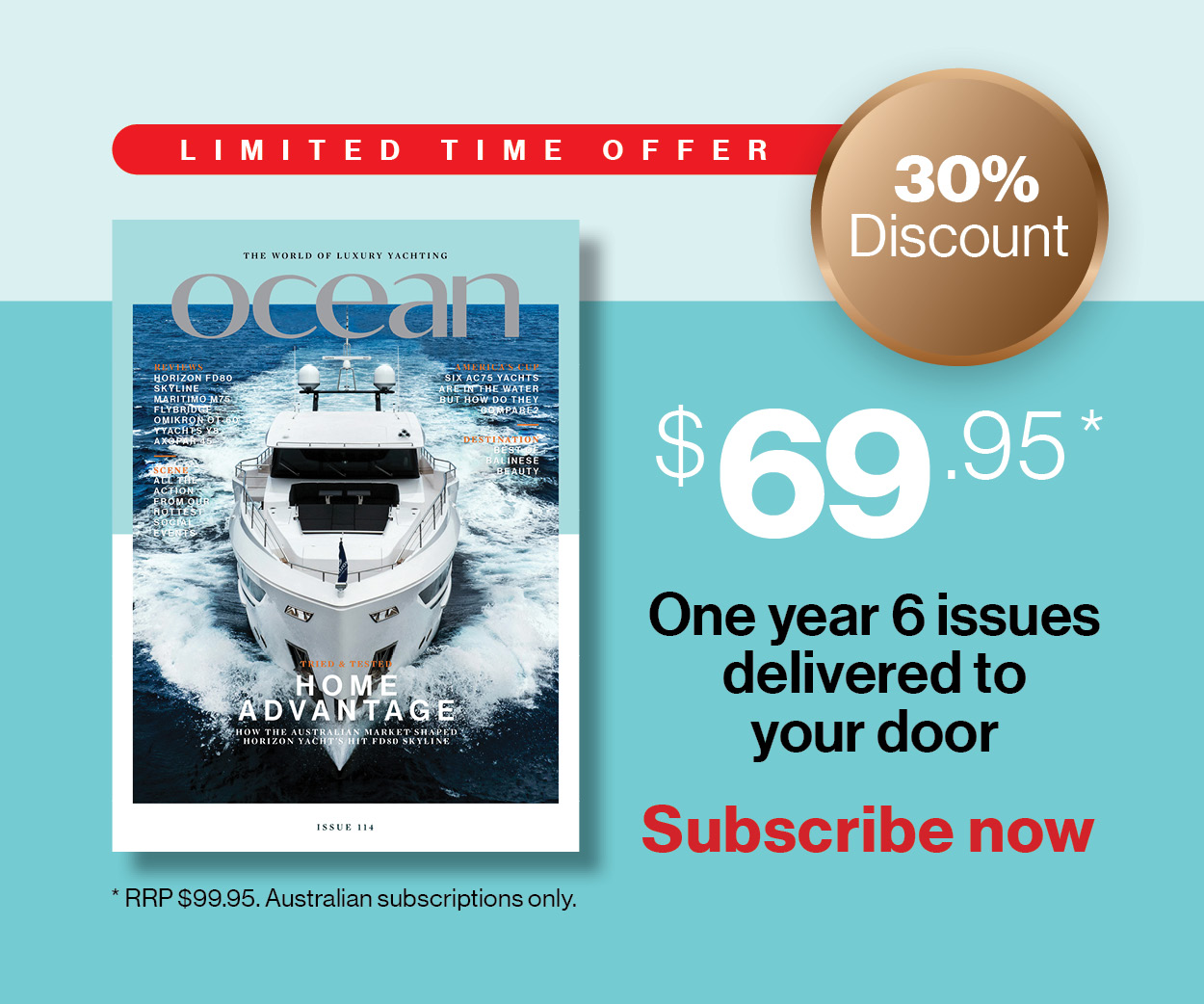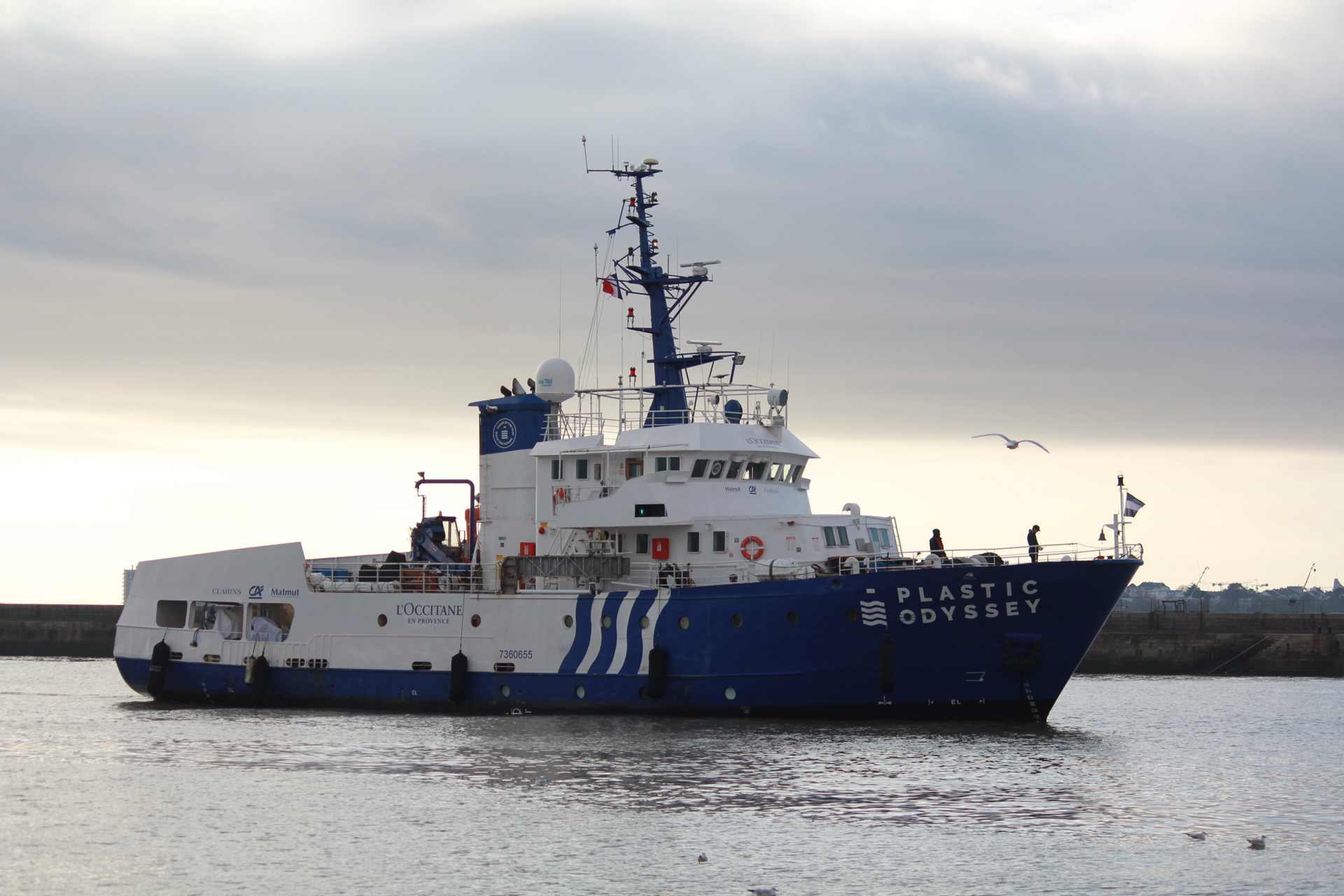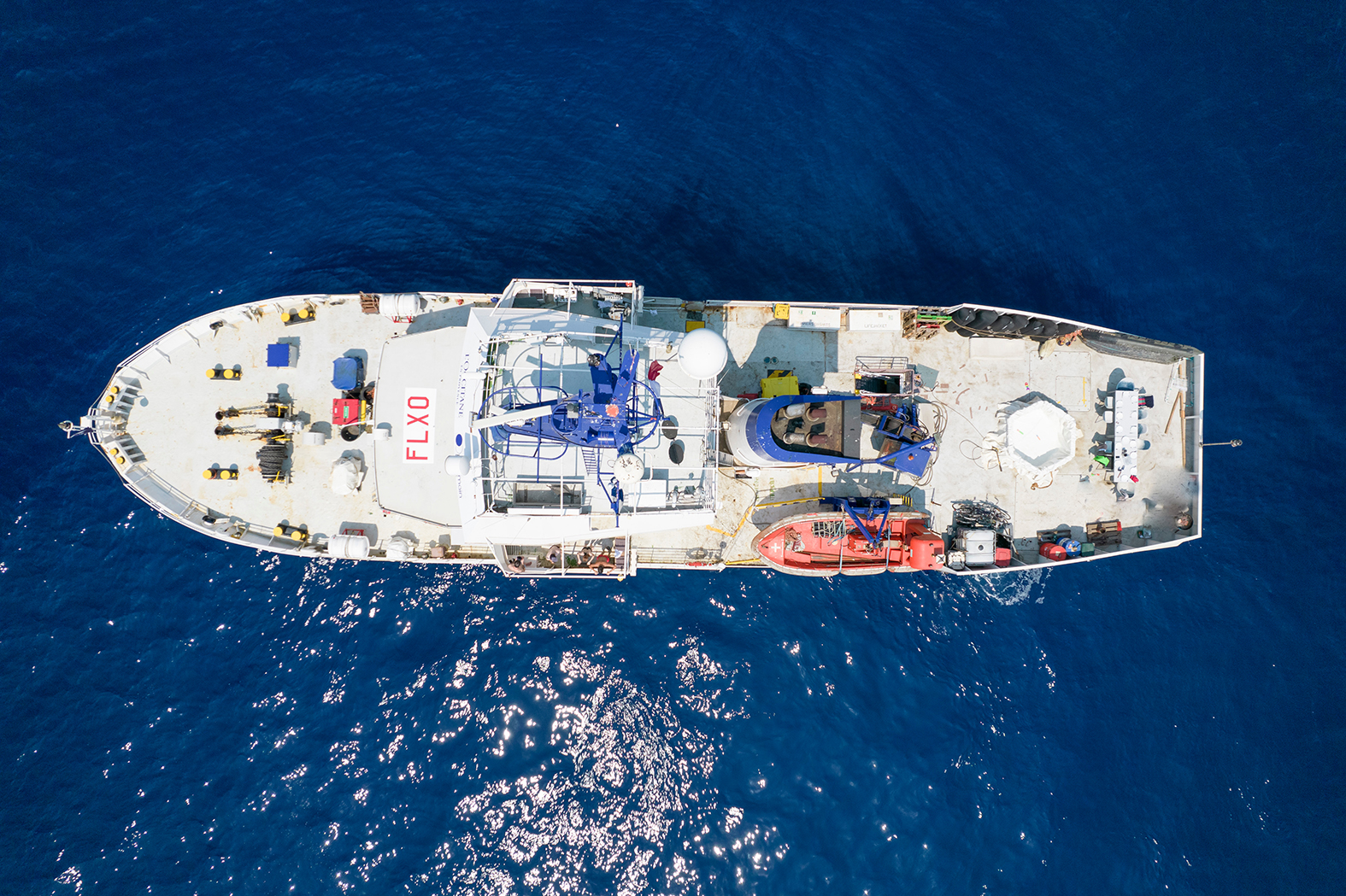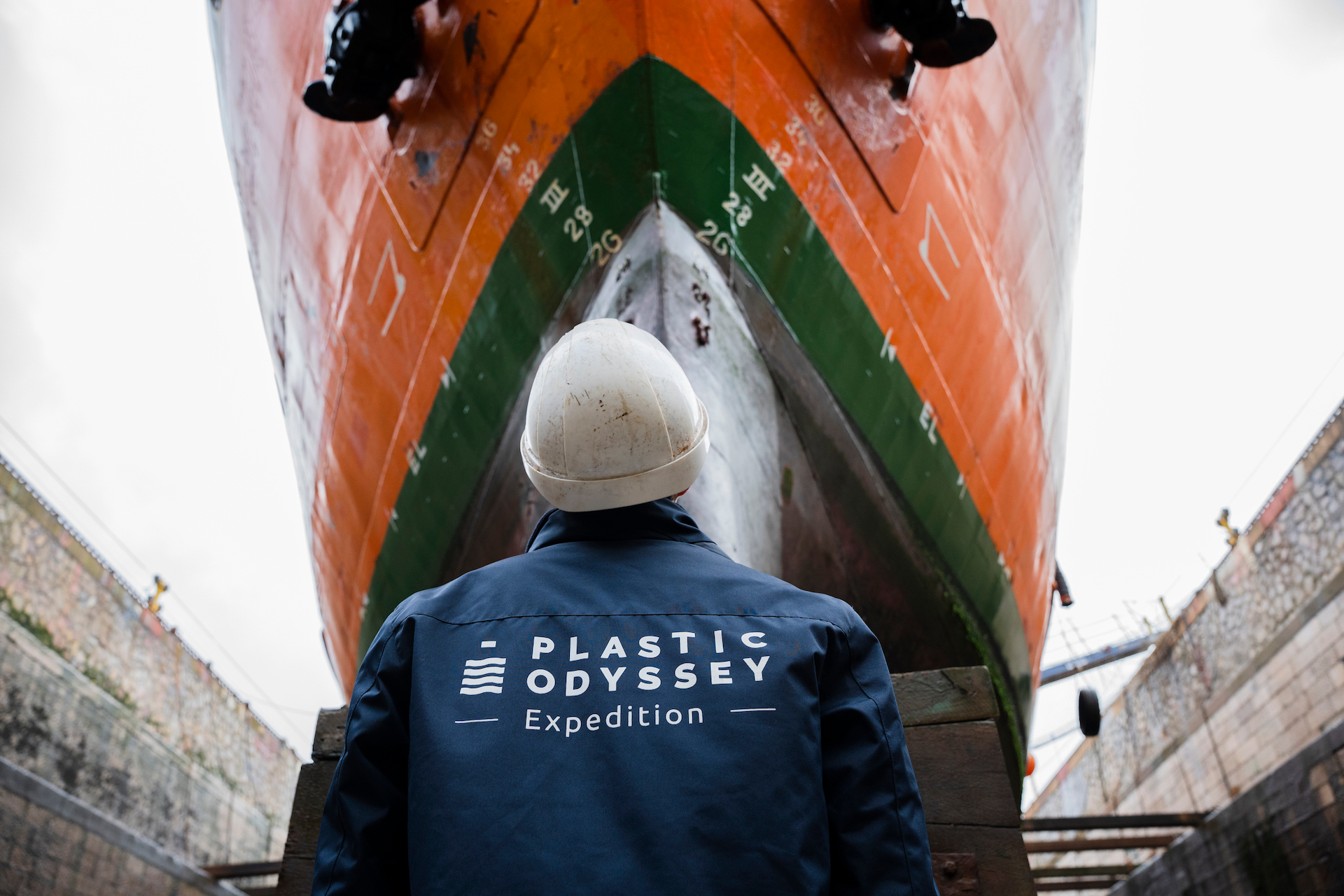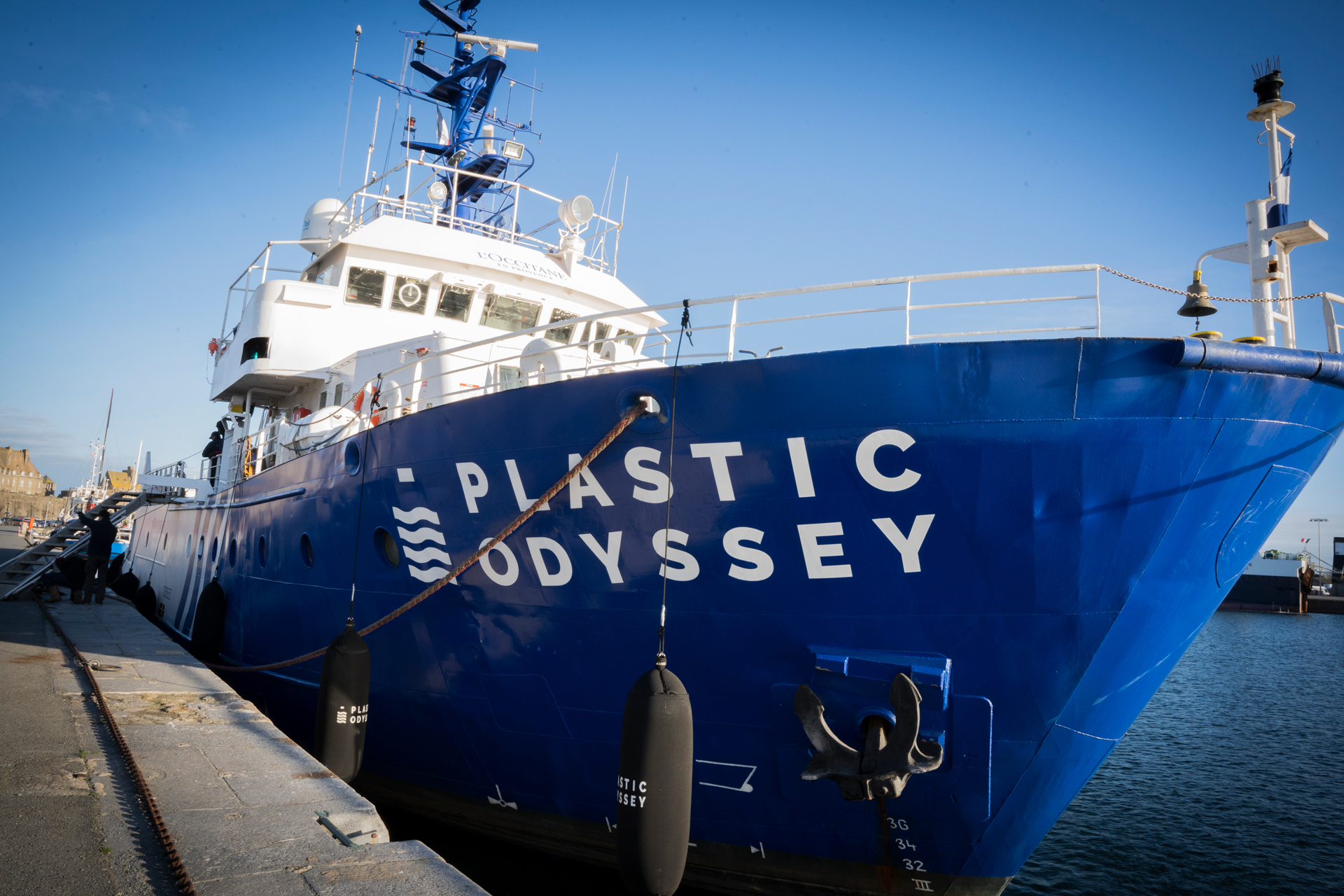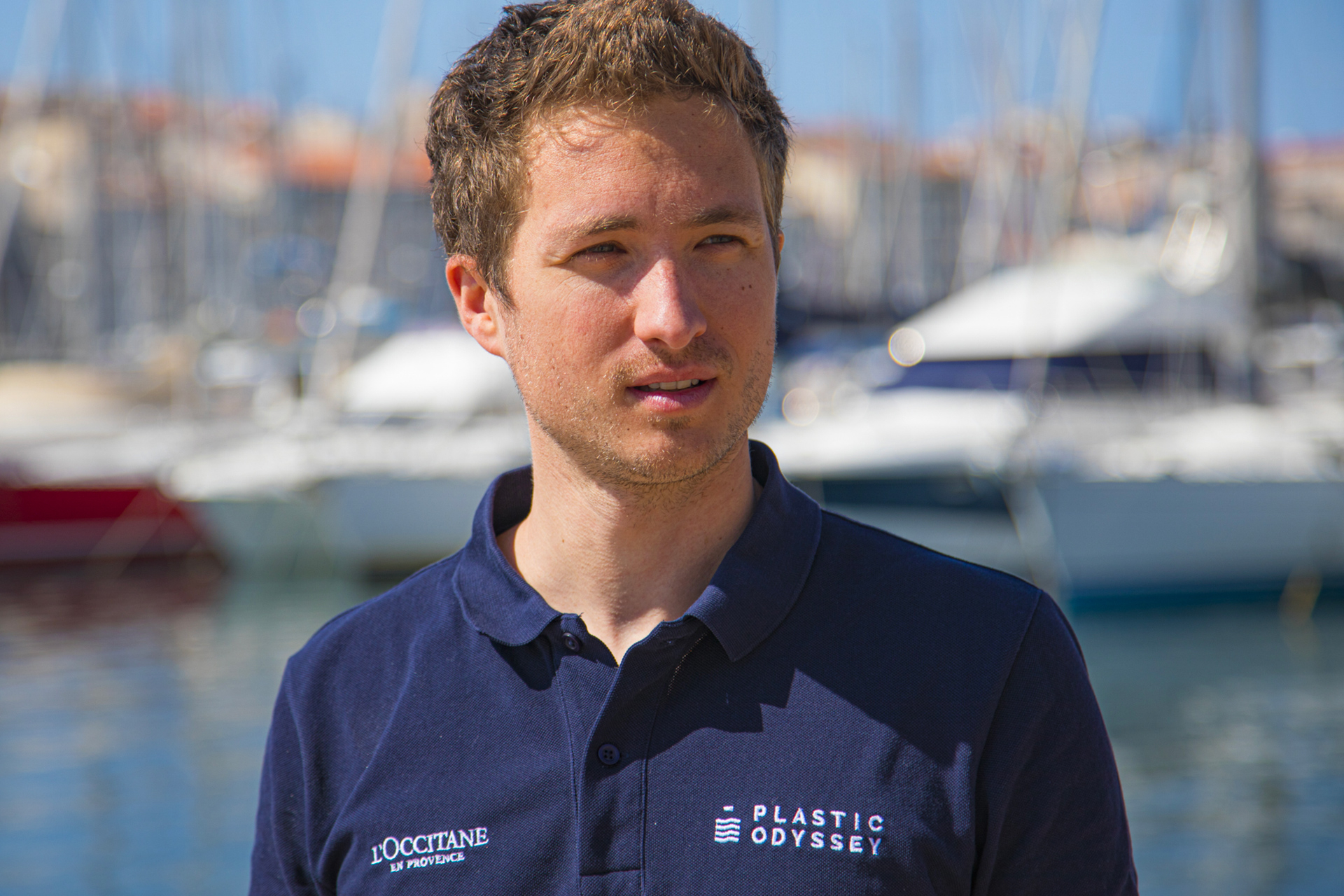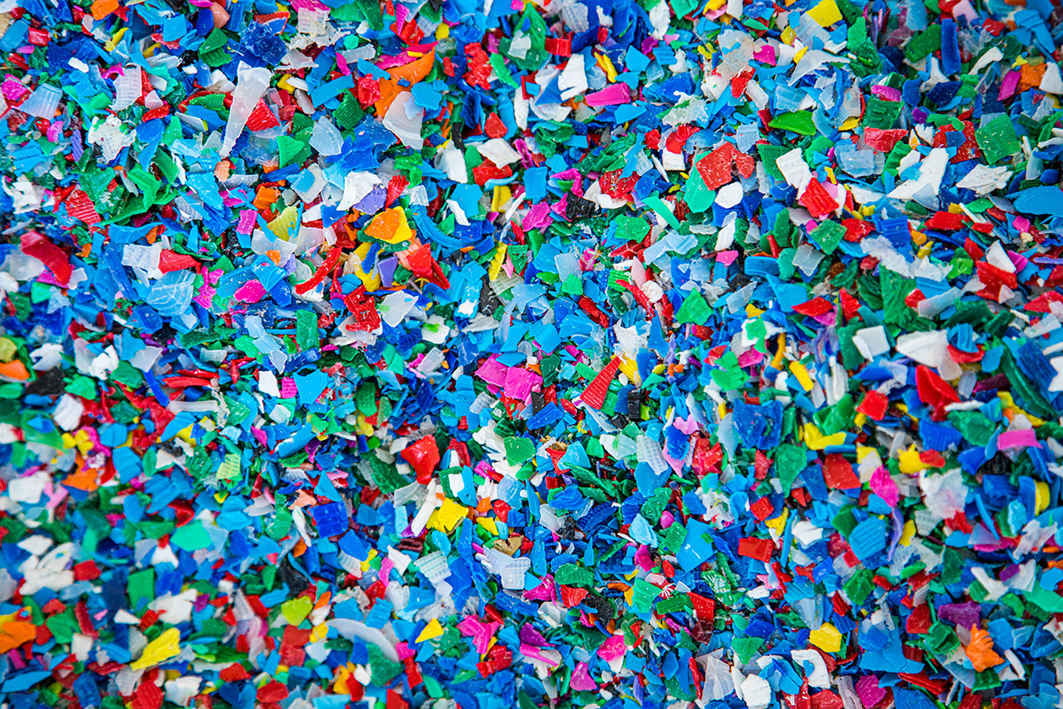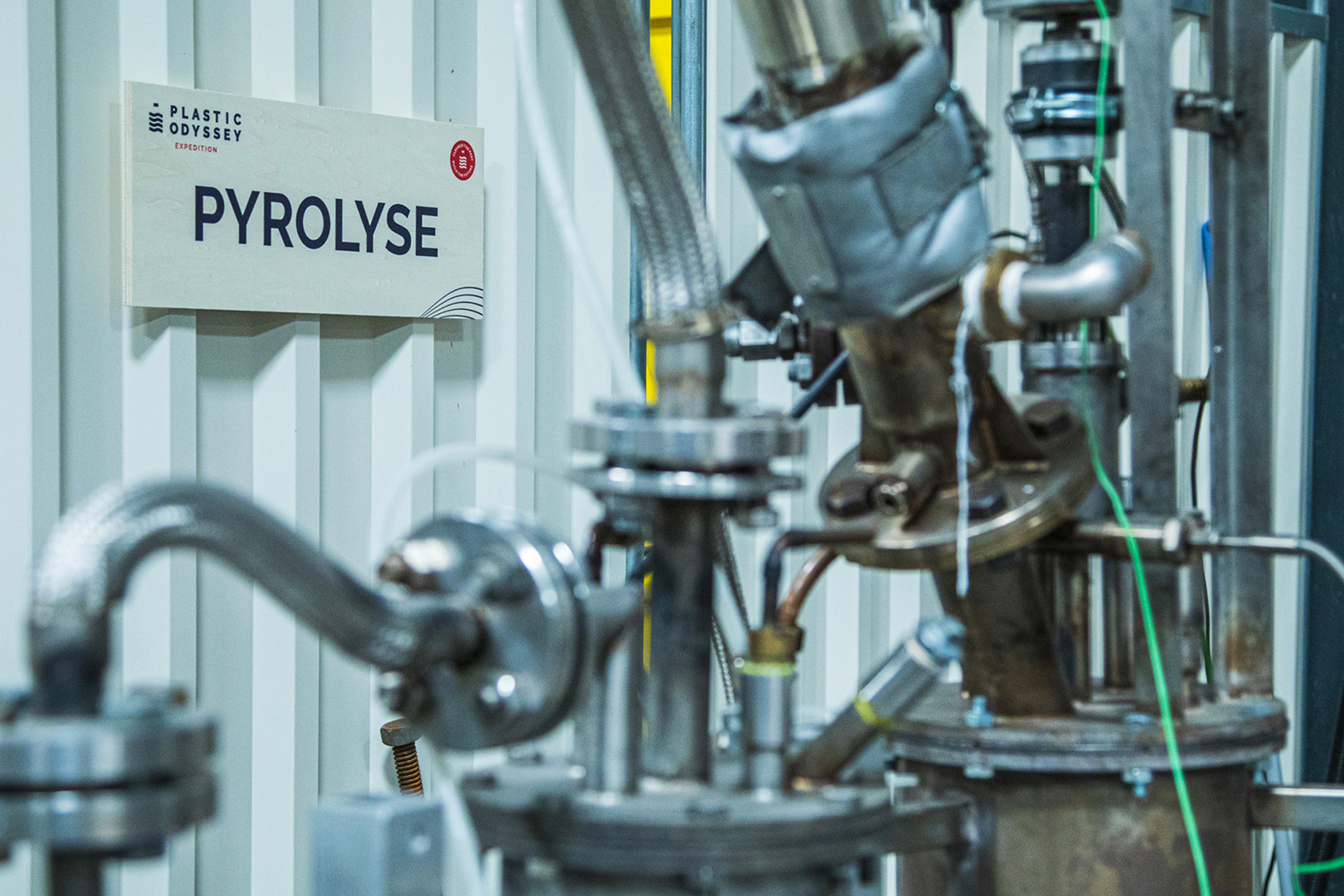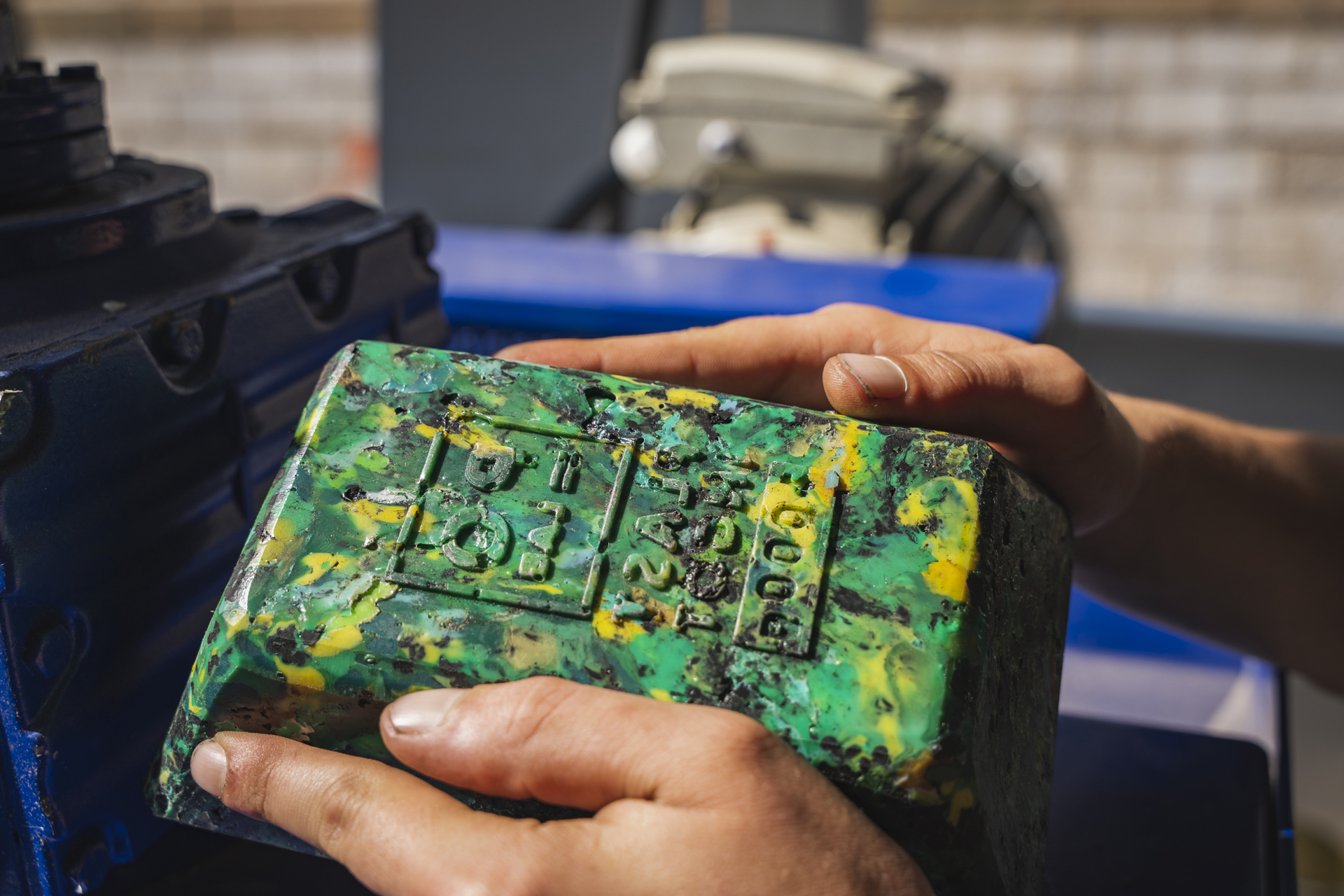Ocean protection partners
Ulysse Nardin has partnered with Plastic Odyssey, a three-year, round-the-world expedition to reduce plastic pollution in our oceans.
29 September 2022
Since its foundation in 1846, watchmaker Ulysse Nardin has fostered close ties with the marine world and has been actively involved in its protection.
In May, the brand marketed the first Diver watch upcycled from fishing nets, symbolising its commitment to protecting the ocean.
Today, Ulysse Nardin is stepping up its support ofocean conservation by teaming up with Plastic Odyssey, a project aiming to reduce plastic pollution in our ocean.
The Plastic Odyssey ship, which will leave the port of Marseille on 1 October 2022 on a three-year journey, will travel 40,000 nautical miles and make thirty stopovers in the countries most affected by plastic pollution.
Plastic Odyssey will begin its mission in the coastal cities of the Mediterranean before setting sail for West Africa, Latin America, Asia-Pacific and, finally, East Africa.
“Today, although there is a system in place for recycling plastic, only a few manufacturers have access to the necessary knowledge and the solutions are not widely available or very affordable,” explained Simon Bernard, CEO of Plastic Odyssey.
“Plastic Odyssey’s challenge is to identify simple and inexpensive innovations that can be introduced, enhanced and made freely available so that they can be developed and made accessible to as many people as possible.”
“Plastic Odyssey has examined and unlocked the issues related to plastic pollution in our Ocean,” said Patrick Pruniaux, Chairman & Chief Executive Officer of Ulysse Nardin.
“Their desire to share their inventions and knowledge freely with the entire world shows great generosity and a genuine desire to protect our planet.”
“‘Cleaning up the past’ by encouraging the recycling of existing plastic and ‘building the future’ by reducing the production of waste” is the mission of Simon Bernard, CEO of Plastic Odyssey.
This long, round-the-world voyage will be manned by a full crew: seven deck crew members, seven technical and scientific experts, three media reporters and two external guests will embark together on the Plastic Odyssey adventure.
At each of the thirty stopovers, they will take tangible actions for three weeks to roll out specific initiatives.
On land: Thanks to the Plastic Odyssey Village – a travelling village designed to raise awareness – these guardians of the Ocean will meet the populations in order to alert them to the dangers of plastic pollution and to present alternative solutions.
Furthermore, through discussions with local inhabitants, Plastic Odyssey will launch the first global social sciences study to understand the habits and behaviours of different populations with regard to the use of plastic, which will foster the development of knowledge intended to equip the scientific and political communities.
The Plastic Odyssey ship has been split into two parts: the front of the boat – the plastic-free zone – is dedicated to exhibiting alternative solutions to plastic, while the rear of the vessel is set aside for the recycling laboratory.
One of the main missions of this laboratory will be to welcome a dozen local business figures for training on how to set up a plastic recycling centre using the machines on board the boat and the plastic waste collected on land.
To fight plastic pollution in these regions in the long-term, Plastic Odyssey will provide entrepreneurs with a container containing a ready-to-use micro-factory that will allow them to recycle more than one tonne of plastic per year and develop a local recycling centre. Thus, this model has the advantage of being viable, sustainable while creating jobs.
Last but not least, Plastic Odyssey will be able to convert the non-recyclable waste into fuel for their continued journey around the globe by means of pyrolysis.
This is a process by which plastic is heated without oxygen to break down the long (solid) polymer molecules and turn them into lighter molecules (liquids, then gases). One kilogram of plastic can make up to one litre of fuel for a diesel engine.
“During a stopover in Dakar in 2016, I was struck both by the plastic pollution in cities and by the prevalence of salvaging,” said Simon Bernard, Chief Executive Officer, a Merchant Navy Officer and the cofounder of Plastic Odyssey.
“I thought to myself that if the plastic recycling technologies currently only available to a few specialists could be made more widely available, not only would the pollution disappear, but thousands of jobs would be created in the process!”
Simon has been passionate about environmental causes from a very young age and always wanted to become an inventor.
As soon as he got back from Dakar, Simon was reminded of all the city’s ingenious ways of recycling aluminium cans, but soon realised that plastic processing was non-existent. Shortly after, in 2017, the Plastic Odyssey project was born and saw the construction of the first prototype boat named Ulysse, which incorporated a pyrolyser to convert plastic waste into fuel.
The construction of the 40-metre-long Plastic Odyssey ship began in 2020 and will finally set sail on 1 October 2022.
Facts & stats
-
- Every minute, 20 tonnes of plastic are poured into our oceans. (1)
- We swallow 5 grams of plastic every week. (1)
- Plastic waste fragments into irrecoverable microparticles in the environment. (2)
- An astounding 90 percent of marine pollution comes from the coastal cities of 32 countries. (1)
- Recycling one out of two plastic wastes in the 32 most polluting countries would avoid over 45 percent of the ocean’s pollution. (1)
Source: 1. Plastic waste inputs from land into the ocean – Jenna Jambeck et al. Science 347, 768 (2015). 2. A global inventory of small floating plastic debris – Erik van Sebille et al 2015 Environ. Res. Lett. 10 124006.


